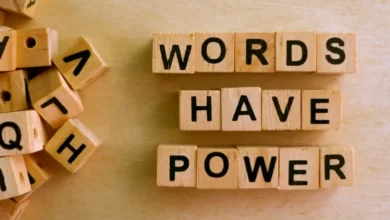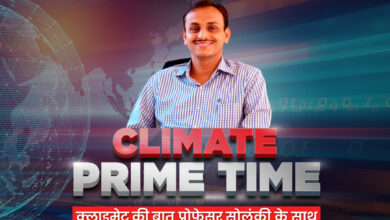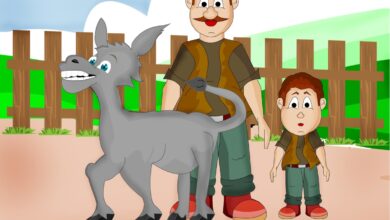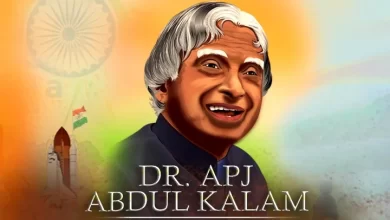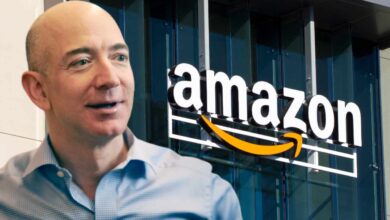Anand Kumar
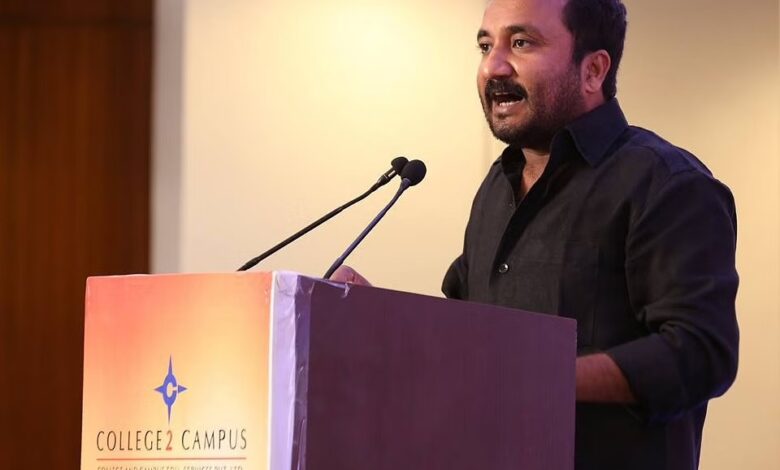
Being a post office Clerk’s son, he studied in Hindi medium government school where he reclaimed his deep interest in mathematics. During graduation, he submitted papers on Number theory.
Although Anand got admission to Cambridge University but could not peruse studies there because of his father’s death and his monetary condition. Kumar studied mathematics during day time and sold papads in the evening with his mother to earn bread and butter for his family. To earn extra money he mentored students in maths.
Since Patna University library did not have foreign journals, for his own study, he would travel every weekend on a six-hour train journey to Varanasi, where his younger brother, learning violin under N. Rajam, had a hostel room. Thus he would spend Saturday and Sunday at the Central Library, BHU and return to Patna on Monday morning.
He rented a classroom for Rs 500 a month, and began his own institute, the Ramanujam School of Mathematics (RSM). Within the space of year, his class grew from two students to thirty-six, and after three years there were almost 500 students enrolled. Then in early 2000, when a poor student came to him seeking coaching for IIT-JEE, who couldn’t afford the annual admission fee due to poverty, Kumar was motivated to start the Super 30 program in 2003, for which he is now well-known.
Every year in August, since 2003, the Ramanujan School of Mathematics, now a trust, holds a competitive test to select 30 students for the ‘Super 30’ scheme. About 4,000 to 5,000 students appear at the test, and eventually he takes thirty intelligent students from economically backward sections which included beggars, hawkers, auto-driver’s children, tutors them, and provides study materials and lodging for a year. He prepares them for the Joint Entrance Examination for the Indian Institutes of Technology (IIT). His mother, Jayanti Devi, cooks for the students, and his brother Pranav Kumar takes care of the management.
Out of 270 students he tutored from 2002-2011 236 students have made an admission to IIT. All of them came from so poor background that their parents were Hawkers, Auto-drivers, laborer etc. During 2003-2009, 182 students out of 210 have made it to the IITs. In 2010, all the students of Super 30 cleared IIT JEE entrance making it a three in a row for the institution.
Anand’s work is now well received from all over the world. USA’s president obama read about Anand in TIME magazine and sent a special envoy to check the work done by him and offered all the assistance and Anand never accepts help irrespective of helper.
Discovery Channel did broadcast a one-hour-long program on Super 30, and half a page has been devoted to Kumar in The New York Times.
To quote Anand on Business strategy, “Start the business with whatever amount of money you have and try to avoid taking help from people. Even I have never taken any monetary help from anybody I was getting offers from not just the government of Bihar but big business tycoons. While I am grateful to all those who approached me with help I am happy the way I am – pursuing my love for mathematics.”
The main objective of Super 30 is to track the talented bunch of students from economically impoverished sections and hone their skills by providing a conducive environment. Talent knows no boundaries. It is everywhere. All one needs is to spot talent and nurture it to let it blossom. Super 30 has done just that in the last six years and the results have been encouraging. The talented students have been given quality teaching and an open atmosphere to perform to the best of their potential.
The students should not be handicapped by financial constraints of their families. If they have it in them, Super 30 is there to guide them where they belong, but may not reach for want of resources.
Super 30’s mission is to help more and more students from economically poor sections reach the IITs.
Having shaped students for six years now, Anand has now realized the importance of ‘catching them young’. He wants to start the talent hunt a bit earlier than Plus Two stage. If talented students are spotted at the school-level, it can work wonders. With this in mind, he wants to set up schools for poor children. The schools would provide the right impetus to the students at the right time through innovative teaching to develop their interest in Mathematics and Science subjects at an early age. It would shape them for different Olympiads and prepare them for other competitions. The thrust would be on developing inquisitiveness, so very important for science and math education.

